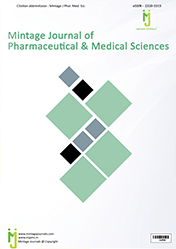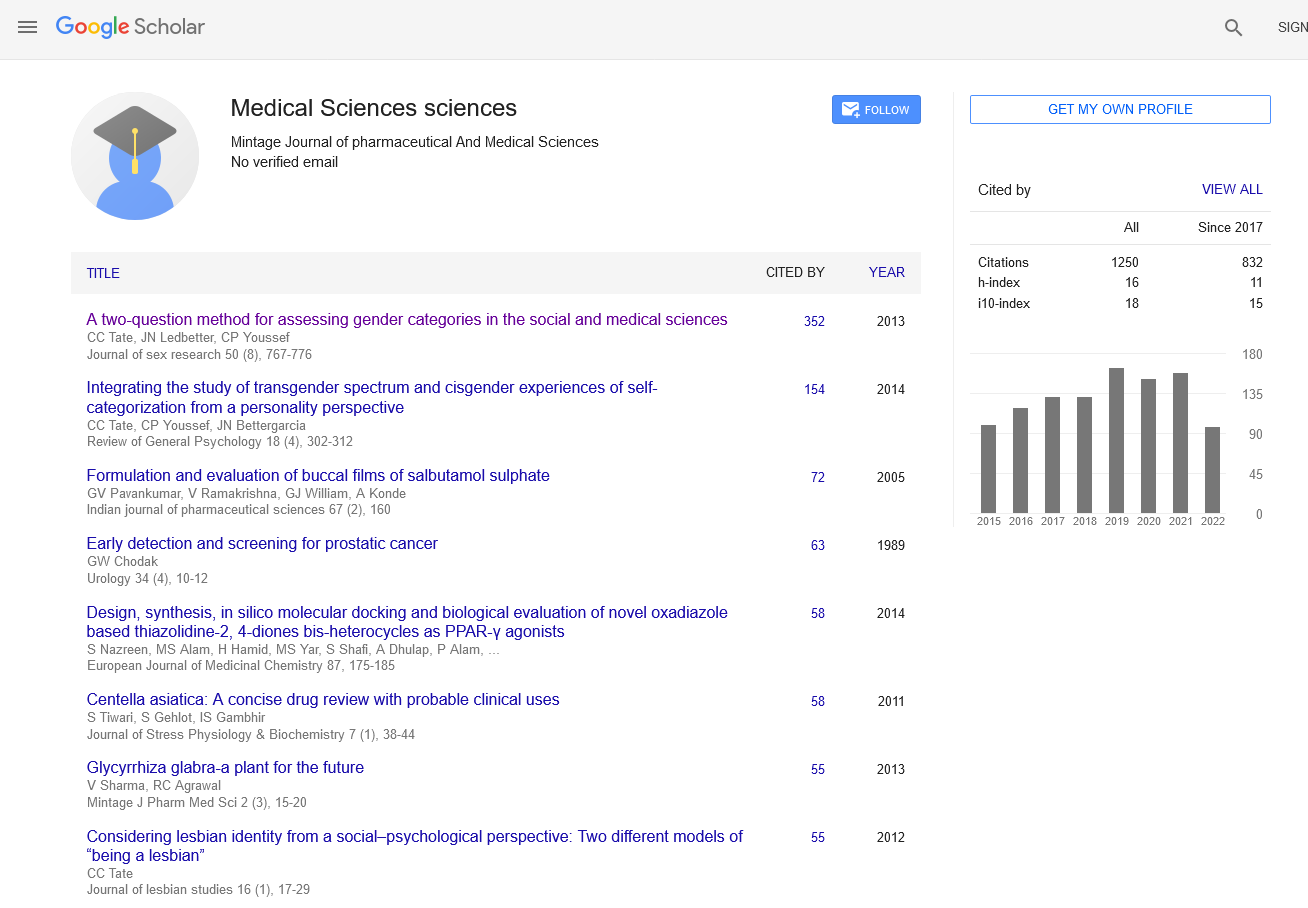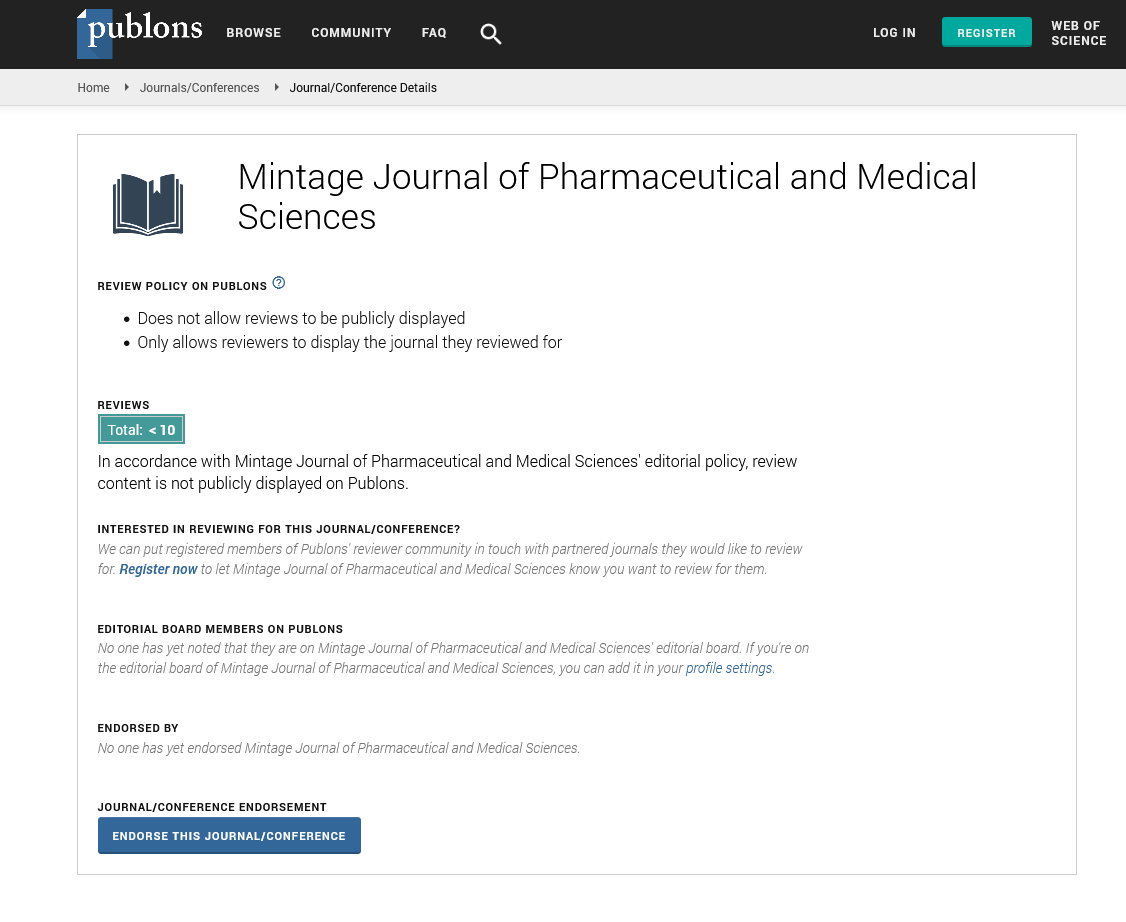Abstract
ANTICONVULSANT ACTIVITY OF DIVALPROEX SODIUM AND EFFECT OF GLIMEPIRIDE ON PHARMACOKINETIC: AN EXPERIMENTAL DRUG INTERACTION STUDY
Author(s): SHYAM SHAH1, SATYAM PRAKASH*2, RAKESH KUMAR YADAV3, KHUSHBU YADAV4, N.C. NAGALAKSHMI
Background and Objectives:Epilepsy is a serious and common chronic neurological disorder caused by abnormal synchronized neuronal discharges. Divalproex is suggested to increase GABA concentration in brain. Both Divalproex and Glimepiride used for long duration indicate for CNS disorder and Diabetes mellitus. The study was conducted to find the influence of Glimepiride on pharmacokinetic and anticonvulsant activity of Divalproex.Methods:Four healthy rabbits of either sex were used to study the effect of Glimepiride on pharmacokinetic parameters of Divalproex. The concentration of Valproic acid (VPA) in serum was estimated by HPLC coupled with Mass Spectroscopy (LC-MS/MS). Anticonvulsant activity was studied using Maximal Electroshock (MES) method and Pentylenetetrazole (PTZ) test in healthy albino rats.Results: The serum concentration of VPA was significantly increased after Glimepiride treatment for 7 days. Pharmacokinetic parameterslike AUC, AUMC, T1/2and Cmaxof VPA showed significant change after Glimepiride treatment in healthy albino rabbits. Glimepiride also exhibited significant increase in duration of hind limb extensor time and onset of clonic convulsion time in MES and PTZ induced seizure test respectively. The percentage prolongation of onset of clonic convulsion was decreased to 49.6% in combination treatment. Conclusion: The drug-drug interaction between Divalproex and Glimepiride could be due to metabolism of both the drugs at the same site and proteinbinding to albumin

ISSN: 2320-3315
ICV :81.58

